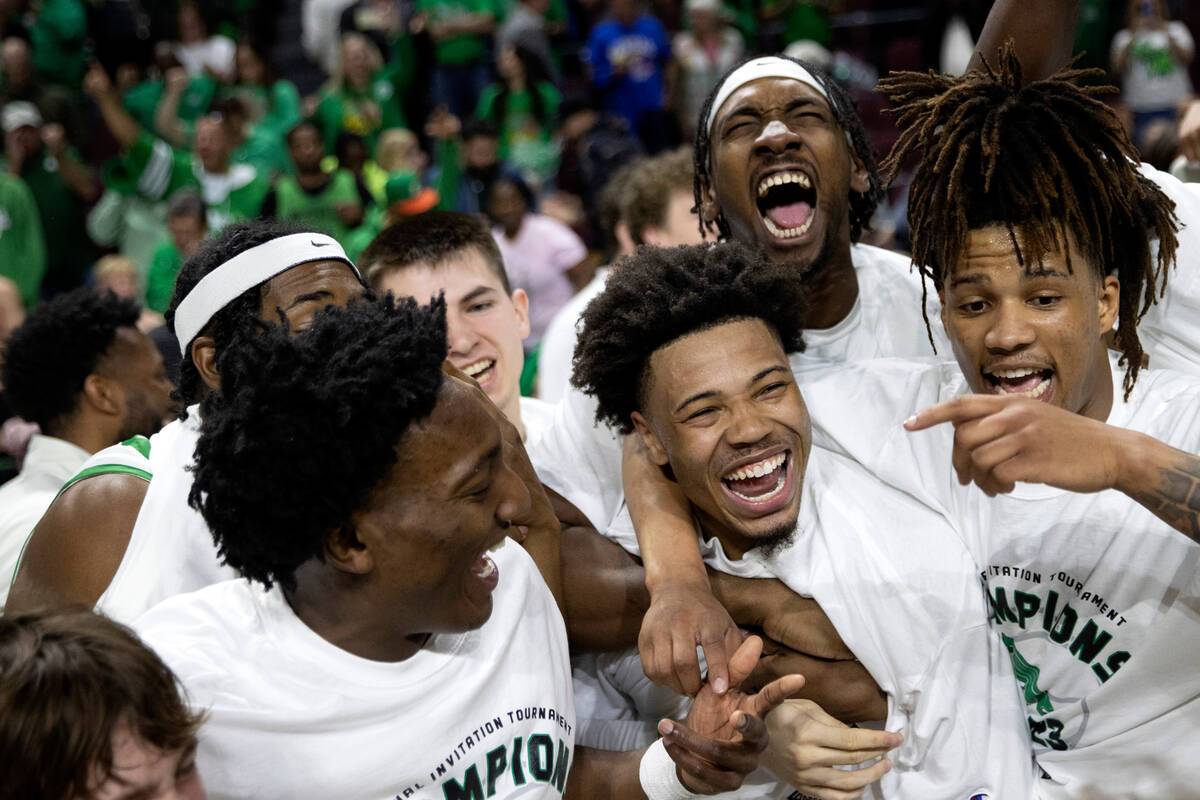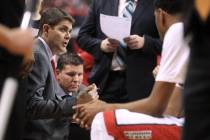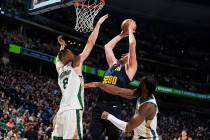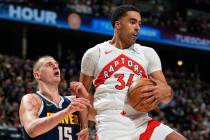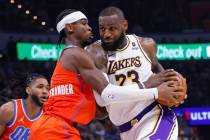Hill: What happens in Vegas kills a college basketball institution
What happens in Vegas kills a college basketball institution.
I’m not big on slogans, but I’m pretty sure that’s how the saying goes. Or at least it’s the most appropriate way to look at what just happened to the National Invitation Tournament.
The NCAA, which now owns the NIT, made a horrendous mistake this week in announcing sweeping changes to the NIT, and like just about anything in the sports world these days, our fine city is at the center of it.
The second-tier postseason tournament will no longer include automatic bids for regular-season conference champions that fail to get at-large bids to the NCAA Tournament.
Instead, automatic bids will go to underachieving major conference programs.
That means several mid- and lower-level conference teams will not be rewarded for their outstanding work with a chance to compete against some of the big boys in a postseason tournament unless they put a final stamp on their résumé with three or four magical days at the end of the season and win their league tournament.
It may not sound like the biggest deal on the surface, but that’s what postseason college basketball is about. Is there really anyone out there who is clamoring to see a 9-22 Nebraska team in the NIT over a 27-win UNC Asheville squad that gets upset in the Big South championship game?
It’s a preposterous decision. So how does Las Vegas come into play?
Fox tourney fears
First, last year’s championship rounds were played at Orleans Arena. The final featured North Texas knocking off Alabama-Birmingham in a fun game, but NCAA executives and their television counterparts couldn’t have been thrilled about an all-Conference USA title matchup.
But the bigger tie to Las Vegas, and the one that truly led to the awful decision by the NCAA, was the proposed Fox tournament.
The network, which has deals with the Big East, Big Ten and Big 12, was deep in discussions to form its own tournament at T-Mobile Arena. Under the plan, the top 16 teams from those leagues would be required to turn down any potential NIT bid and instead play in the Fox 16, which is what we’ll call it here.
It would obviously be a crippling blow for the NIT to not only lose out on some of the top potential seeds for its event, but also add more competition for attention at a time of year when most of the focus is on the NCAA Tournament.
The NCAA saw how damaging an event like this could have been to its NIT product, so it decided to give a bunch of automatic bids to mediocre major conference teams as a preemptive strike.
Starting this year, the top two teams from each of the six major conferences that don’t make the NCAA Tournament field will get the first 12 spots in the NIT and the right to host first-round games. The other 20 spots will be filled by at-large selections.
Dark days ahead
The announcement was met with near-universal derision from around the college basketball world, except for maybe six conference offices.
The idea that Fox was proposing had so many faults, not the least of which was the difficulty of actually keeping rosters together long enough for a tournament like that to take place in the transfer portal era. The concept would have fallen apart quickly.
But by moving so quickly to try to block it, the NCAA has ruined the product it already had just to combat a flawed hypothetical product.
It’s a typical NCAA move.
Look, I don’t expect anybody to get fired up about changes to the NIT. Especially in October.
But it’s one more step along the way to what could be the inevitable path of the major conferences breaking away and forming their own college sports league.
That will truly be a dark day for college sports, with many programs left behind. These are the moments we will look back on and know we should have seen it coming.
Contact Adam Hill at ahill@reviewjournal.com. Follow @AdamHillLVRJ on X.



